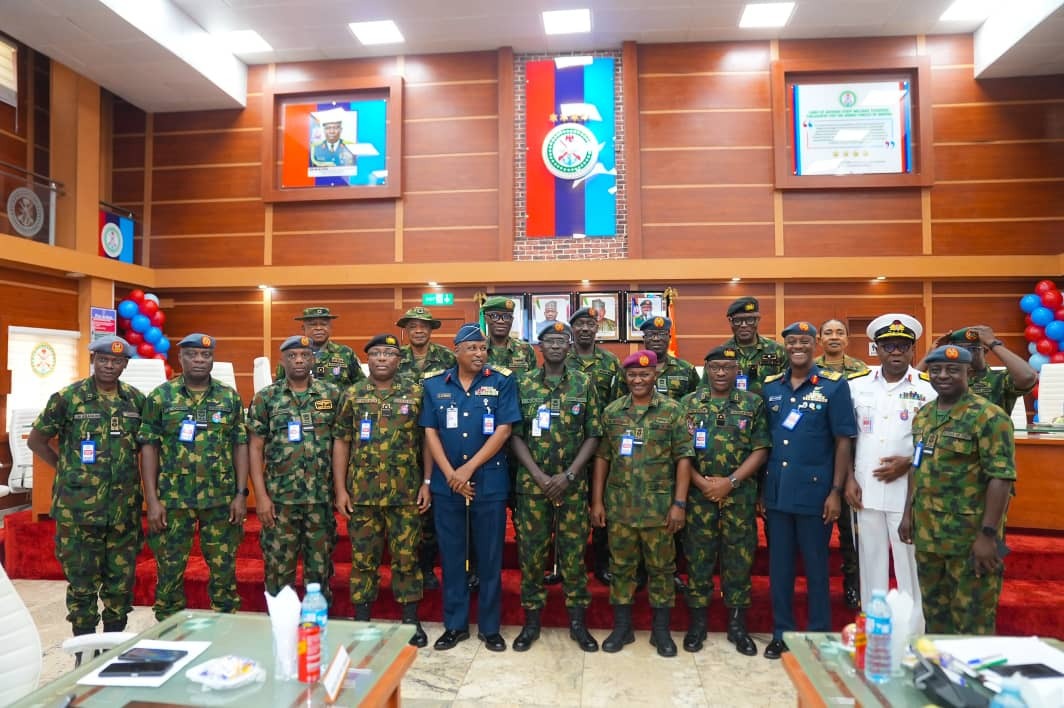
Some stakeholders in the education sector have expressed support for the Federal Government’s decision not to allow students to sit for the West African Senior School Certificate Examinations (WASSCE) amid rising cases of COVID-19 in the country.
They spoke in separate interviews with the News Agency of Nigeria(NAN) in Ibadan on Thursday.
NAN reports that the West African Examination Council (WAEC) had on Tuesday released its examination timetable and guidelines for the 2020 WASSCE.
The Minister of Education, Adamu Adamu, however, said on Wednesday that students in the country would not sit for the examination now, citing safety concerns because of the raging COVID-19 pandemic.
Prof. Clement Kolawole of the Department of Education, University of Ibadan, said the government was in a better position to regulate its programmes based on the information and facts available to it.
“Although the development is a surprise, it is better to stay alive than to cause untold hardship or expose our children to COVID-19 through WASSCE,” he said.
Also speaking, Prof. Oyesoji Aremu of the Department of Guidance and Counselling, University of Ibadan, said there were implications for writing WASSCE on the wellness of the students, parents and officials who would conduct the examinations.
“Although WAEC has assured the public of ensuring the best of COVID-19 protocols, it goes beyond that given that examination itself could bring about a state of anxiety in students and their parents.
“Here, it becomes much more expedient to also ensure the mental wellness of the students while also safeguarding COVID-19 protocols.
“This is not only for the students but also for examination officials who may also be at risk.
“Chances are that there could be a student to student transmission in the course of writing examinations because chances are high that students will discuss with one another.
“There could also be students to officials transmissions either before, during and after a paper is written,” Aremu said.
He also cited the likelihood of high rate of examination malpractice under the guise of wearing face masks.
“WAEC officials would have to guard against it in order to ensure quality assurance of the whole exercise whenever the new date is set for the examination,” Aremu said.
Prof. Adams Onuka, an education evaluation expert at the University of Ibadan, on his part, said it was imperative to be cautious at this time.
“Since the government is expected to protect the lives of the people, they must have weighed the available options, did the analysis and came to the conclusion that only those who are alive can benefit from writing examinations.
“So what use is it for people to write examinations and then lose their lives? Who then will benefit from the fall out from the examination?
“It will not benefit anybody; parents, students, government and the nation.
” Therefore, we have to make haste slowly,” he said.
Onuka, who noted that Kenya had already cancelled the school year, added that it was ” better to lose one academic session than to lose a single soul to the pandemic. ”
He said except states were sure that adequate arrangements had been made to check community spread of the virus, reopening of schools and examinations should be put on hold.
“Afterall, we lost sessions in the past to strikes and heavens did not fall,” Onuka said.






